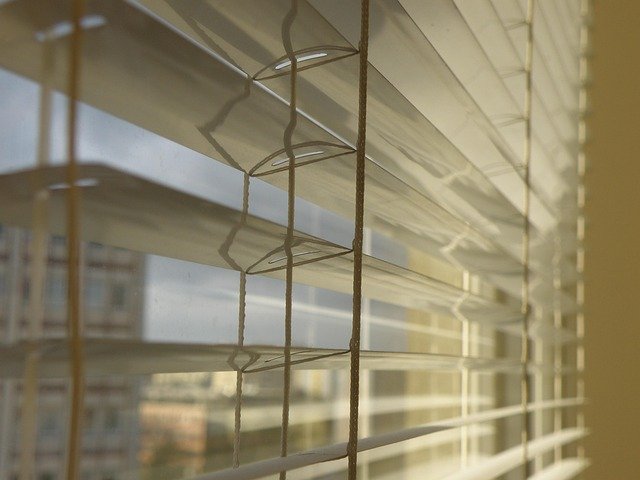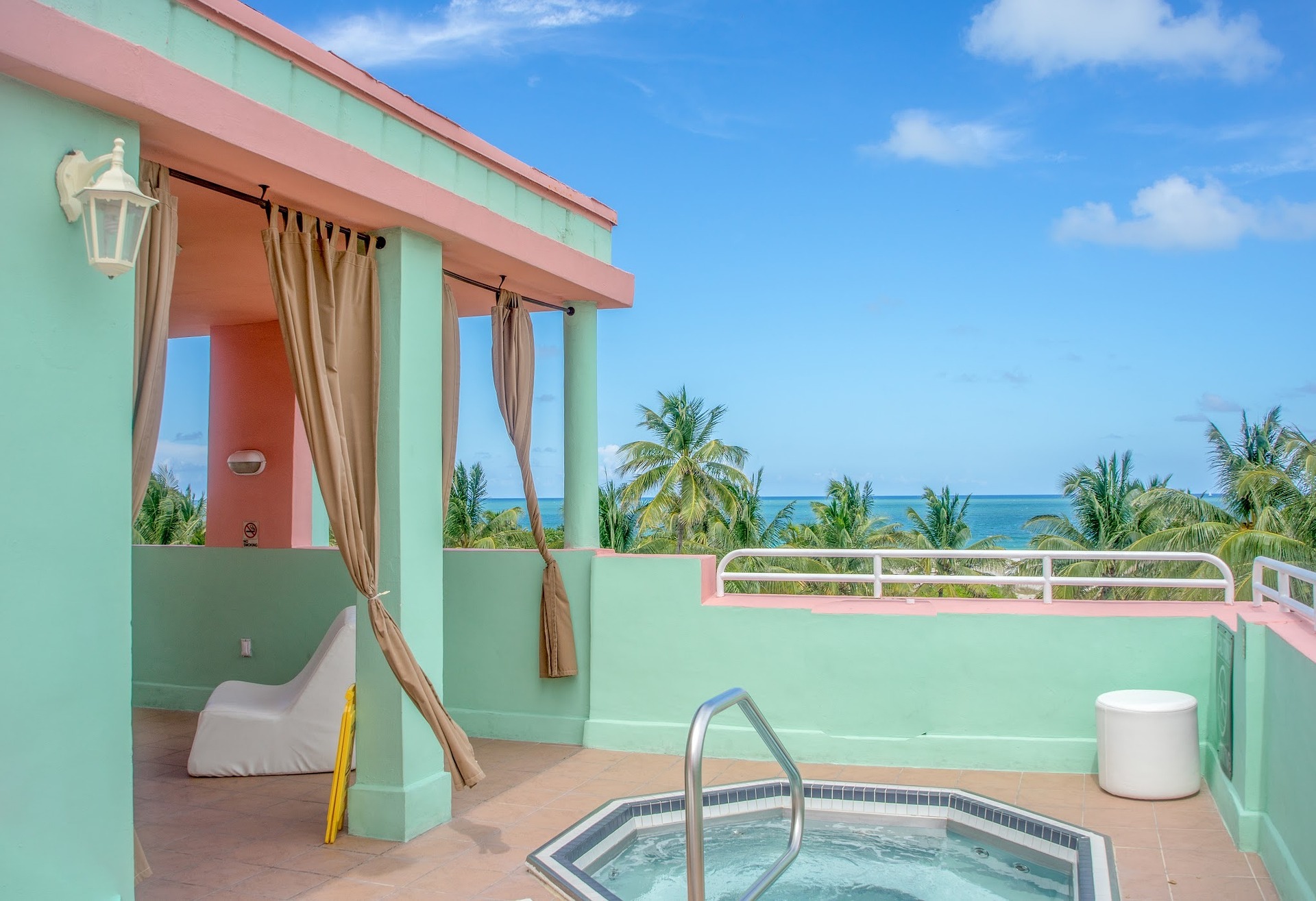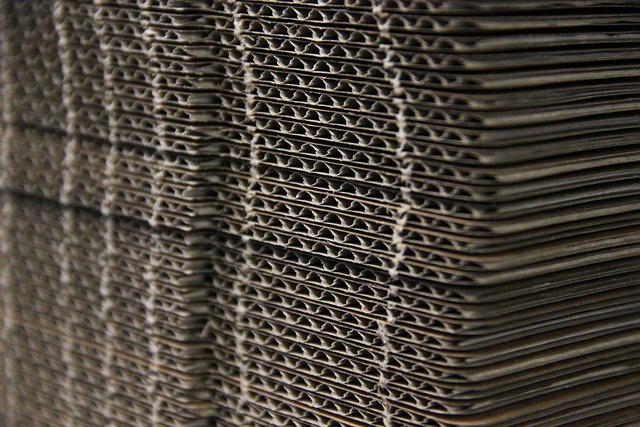Modern Blinds: style and functionality for every interior
In today's interior design landscape, blinds have evolved far beyond their basic function of blocking light. Modern blinds offer a perfect blend of style and functionality, catering to diverse aesthetic preferences while providing essential benefits such as privacy, light control, and energy efficiency. As an integral part of contemporary home and office decor, blinds have become a versatile solution for various spaces, from residential apartments to commercial establishments.

What are the core tasks of modern blinds?
Modern blinds excel in three primary areas: shade control, privacy protection, and energy efficiency. Shade control allows users to adjust the amount of natural light entering a space, creating the desired ambiance and reducing glare on screens. Privacy protection is crucial in both residential and commercial settings, offering occupants a sense of security and comfort. Energy efficiency has become increasingly important, with blinds acting as insulators, helping to maintain indoor temperatures and potentially reducing heating and cooling costs.
Which categories of blinds are most popular?
Several types of blinds have gained popularity due to their versatility and functionality. Roller blinds are favored for their clean, minimalist appearance and ease of use. Vertical blinds remain a practical choice for large windows and sliding doors. Venetian blinds, with their adjustable slats, offer precise light control and a timeless aesthetic. Blackout blinds have become essential in bedrooms and media rooms, providing complete darkness when needed.
Where are blinds most commonly used?
Blinds find applications in a wide range of settings. In apartments, they offer privacy and light control while complementing various decor styles. Offices utilize blinds to reduce glare on computer screens and create a comfortable work environment. Hotels incorporate blinds as part of their room design, allowing guests to adjust lighting and privacy levels. Restaurants often use blinds to create ambiance and control natural light during different times of the day. Coworking areas benefit from blinds that can adapt to diverse user preferences and activities.
What are the key benefits of modern blinds?
Modern blinds offer several advantages that contribute to their widespread adoption. The versatility of materials allows for a range of options, from fabric to wood and metal, catering to various aesthetic preferences and functional requirements. Durability is a significant factor, with many blinds designed to withstand daily use and maintain their appearance over time. Easy installation is another benefit, with many manufacturers offering user-friendly mounting options and clear instructions, making it possible for homeowners to install blinds themselves.
What are the current trends in blind design and technology?
The blinds industry is experiencing several exciting trends that reflect changing consumer preferences and technological advancements. Eco-friendly fabrics are gaining popularity as environmental consciousness grows, with manufacturers offering blinds made from sustainable materials or recycled content. Automation has become a key feature in modern blinds, allowing users to control their blinds via smartphone apps or integrate them into smart home systems. Custom-made design options have expanded, enabling consumers to tailor their blinds to fit unique window shapes or specific design requirements.
| Product | Provider | Key Features | Cost Estimation |
|---|---|---|---|
| Motorized Roller Blinds | Lutron | App control, sun sensors, integration with smart home systems | $300 - $800 per window |
| Eco-friendly Venetian Blinds | Hunter Douglas | Sustainably sourced wood, energy-efficient design | $150 - $400 per window |
| Custom Blackout Blinds | The Shade Store | Made-to-measure, room darkening fabric, various colors | $200 - $600 per window |
| Vertical Blinds for Large Windows | Graber | Durable PVC or fabric vanes, easy operation | $100 - $300 per window |
Prices, rates, or cost estimates mentioned in this article are based on the latest available information but may change over time. Independent research is advised before making financial decisions.
The world of modern blinds continues to evolve, offering innovative solutions that cater to both aesthetic and functional needs. From energy-efficient designs to smart home integration, blinds have become an essential element in creating comfortable and stylish interiors. As technology advances and design trends shift, we can expect to see even more exciting developments in blind functionality and aesthetics, further enhancing their role in contemporary spaces.




